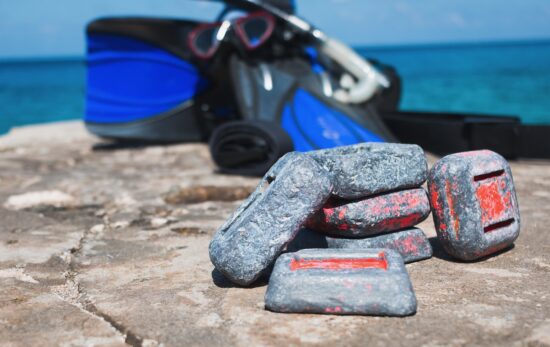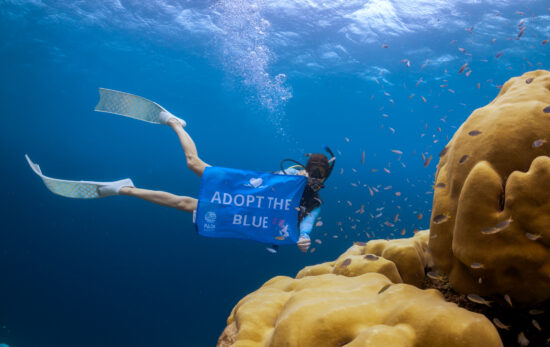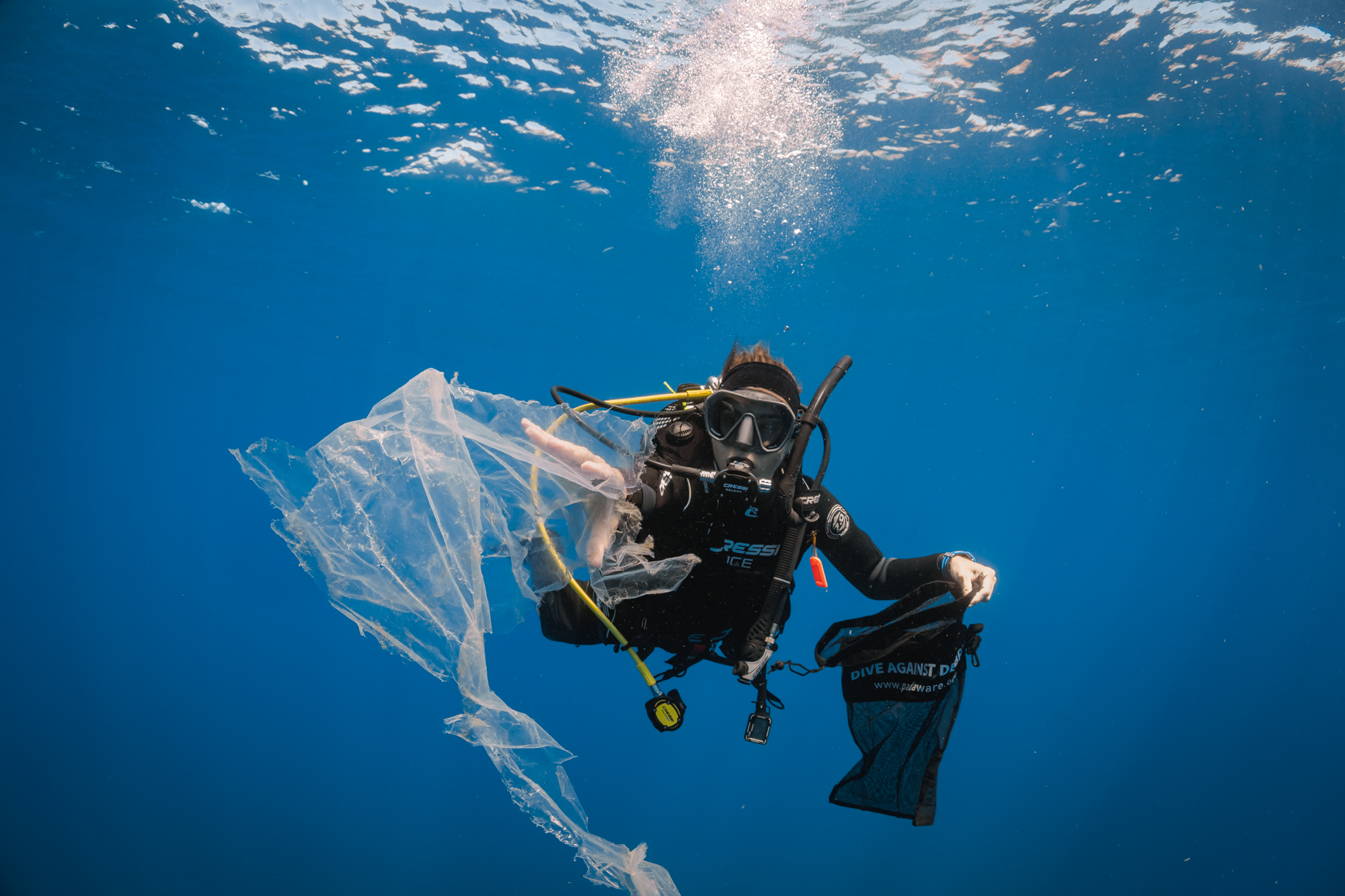With an estimated 14 million tons of plastics entering the ocean every year, the necessity of closing the tap on plastic has never been greater. The Global Plastics Treaty currently in development represents a unique and crucial opportunity for a worldwide coordinated initiative to effectively resolve the ongoing plastic pollution crisis at all stages of the life span of plastics. As we come together as a community of divers and Ocean Torchbearers™ to close the tap on plastics, let’s explore the root of the issue.
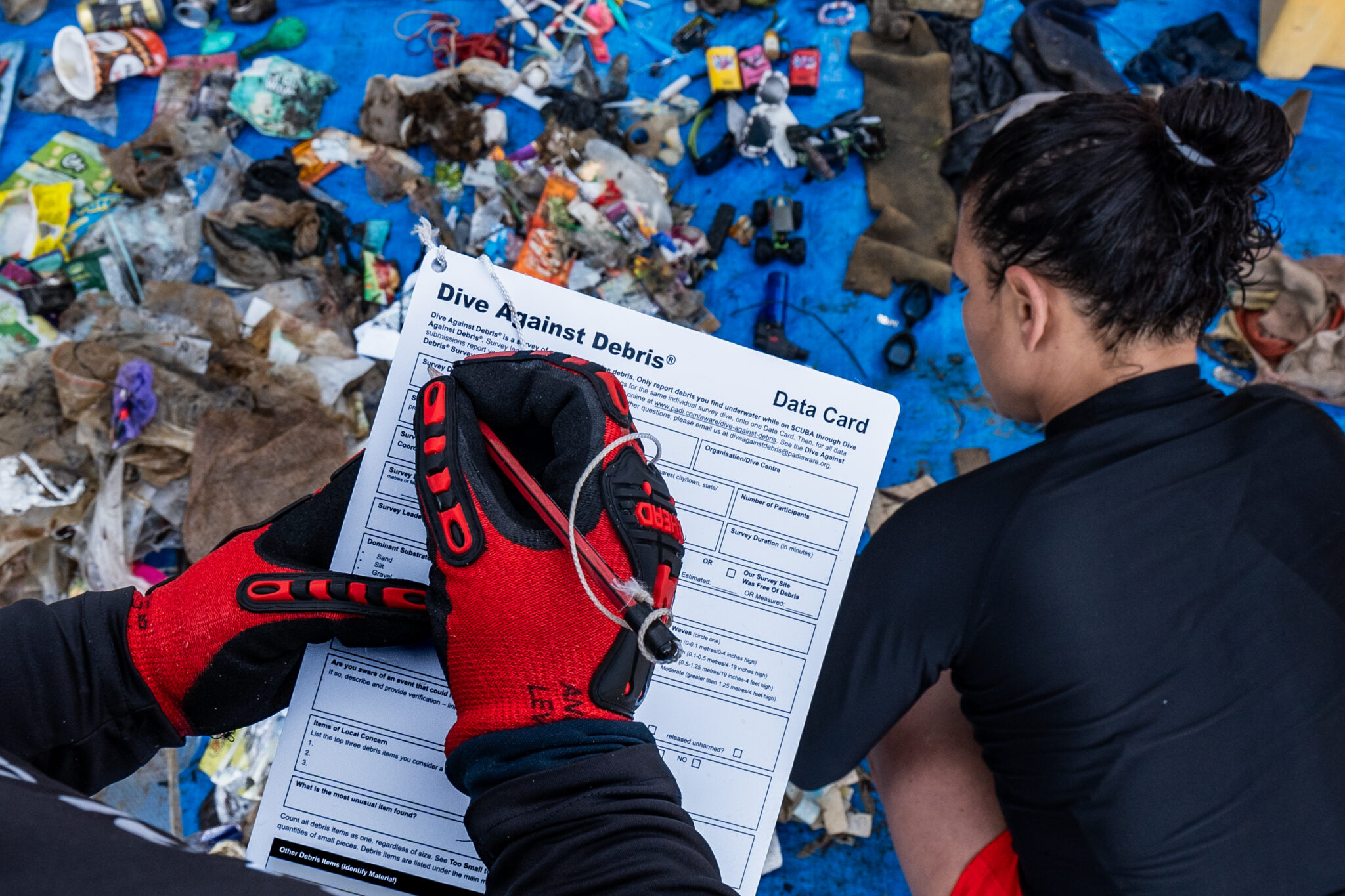
A Bit of Background
Plastics, first synthesized in 1907 with Bakelite, revolutionized industries due to their durability and versatility. Used extensively in medicine, packaging, and technology, they offer immense benefits but pose significant environmental challenges. Plastics’ long lifespan leads to persistent pollution, making recycling and sustainable alternatives crucial for future management.
Due to the long decomposition time ranging from 20 – 800 years, this material can be incredibly valuable for applications in fields like medicine and construction. Unfortunately, due to its light weight and durability, single use plastics have been overconsumed over decades and we have all seen the consequences.
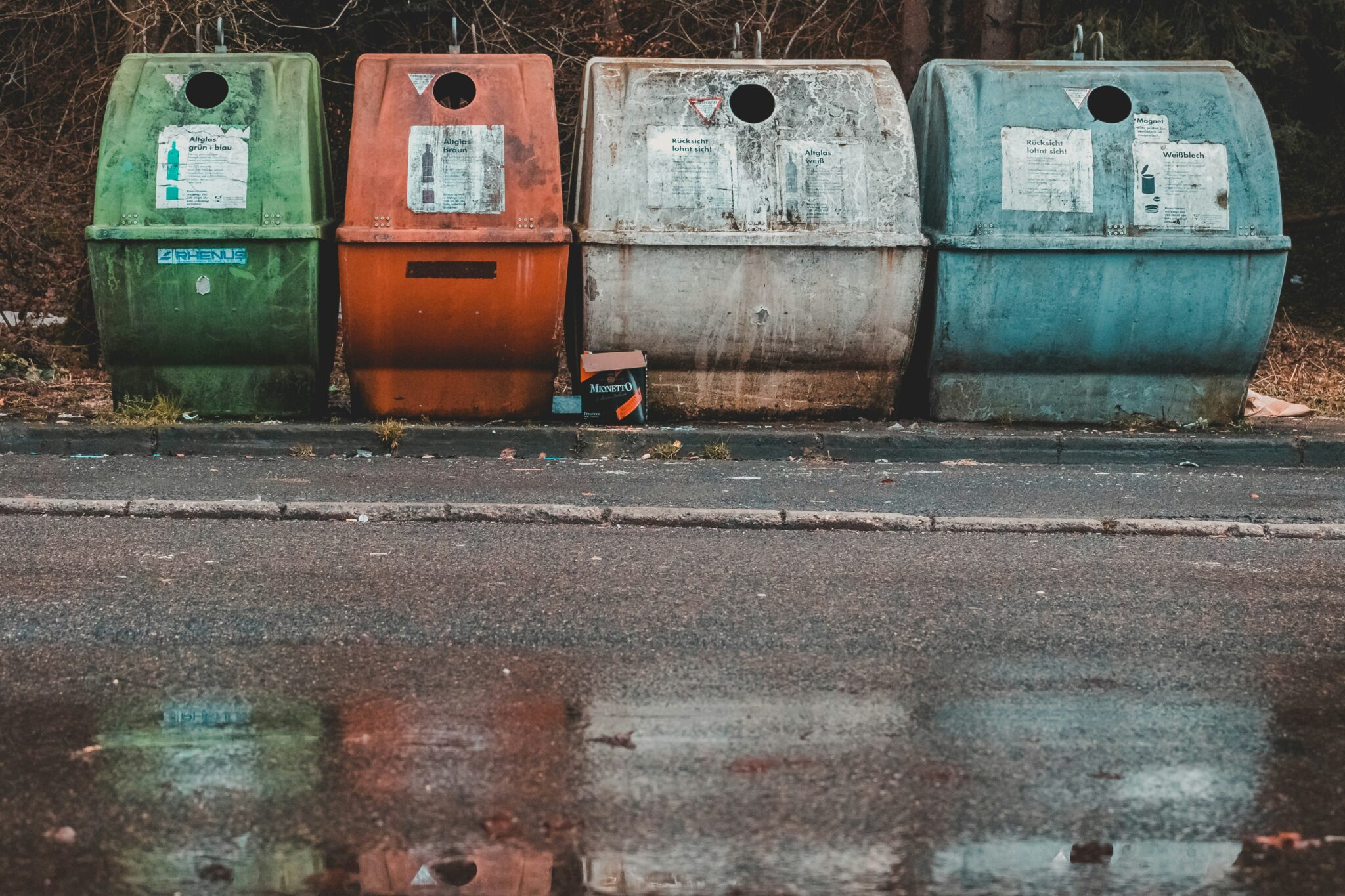
Concerns and Solutions
In the following steps we aim to provide clarity about the major concerns regarding plastics and how we can aim to solve these in the near future.
1. Use of Plastic
While the durability and longevity of plastics present great opportunities for items that are meant to last (e.g. in electronics, medical uses or construction), about 44% of plastic is used for packaging and, therefore, the majority of plastic produced enters the waste stream within one year of production.
2. End of Life
Global estimates are that we generate about 240 metric tons plastic waste annually. Since plastic is a relatively new material used with food packaging and other applications, people have had to adjust how waste is managed. Management systems have had to be redesigned to handle the rapid influx of millions of tons of plastics entering our waste stream. Of the cumulative plastic produced (8.3 billion metric tons), 77% had become waste as of 2015. 12% of this waste had been incinerated, with combustion quickly converting the carbon in plastics to carbon dioxide released into the air.
On average, only 9% of plastic waste generated was mechanically recycled globally, while most plastics were landfilled, with smaller fractions leaking into the environment.
Due to the massive volume of plastic and microplastic pollution that is not readily recoverable and the release of its chemicals, plastic pollution is now considered a planetary boundary threat.
3. Potential Solutions
Plastics touch all aspects of our lives, so many disciplines can contribute to the solution. From physical, natural, and health sciences to social sciences and humanities, business and marketing, engineering and material science, journalism and communications, education, and the arts. Creativity can expand the horizons for interdisciplinary and holistic approaches to this issue. Interventions need to happen along the entire life cycle of plastics to reduce the burdens on communities where plastics are produced, provide more choices to consumers who want plastic alternatives, reduce plastic quantities that leak out into our environment, and reduce harm to animals, including humans.
Policies – like the Global Plastics Treaty currently in development – are, and will be, an essential part of life cycle interventions. Bans, taxes, recycling and procurement requirements, and extended producer responsibility (EPR) are policies enacted to reduce plastic pollution.
The commitment made at the United Nations Environment Assembly (UNEA) in 2022 to create a legally binding global treaty is one path to bring all stakeholders together to address plastic pollution along the entire life cycle of plastic.
With these negotiations underway, PADI and PADI AWARE are actively working on maximizing the positive impact the global diving community can have on this issue.
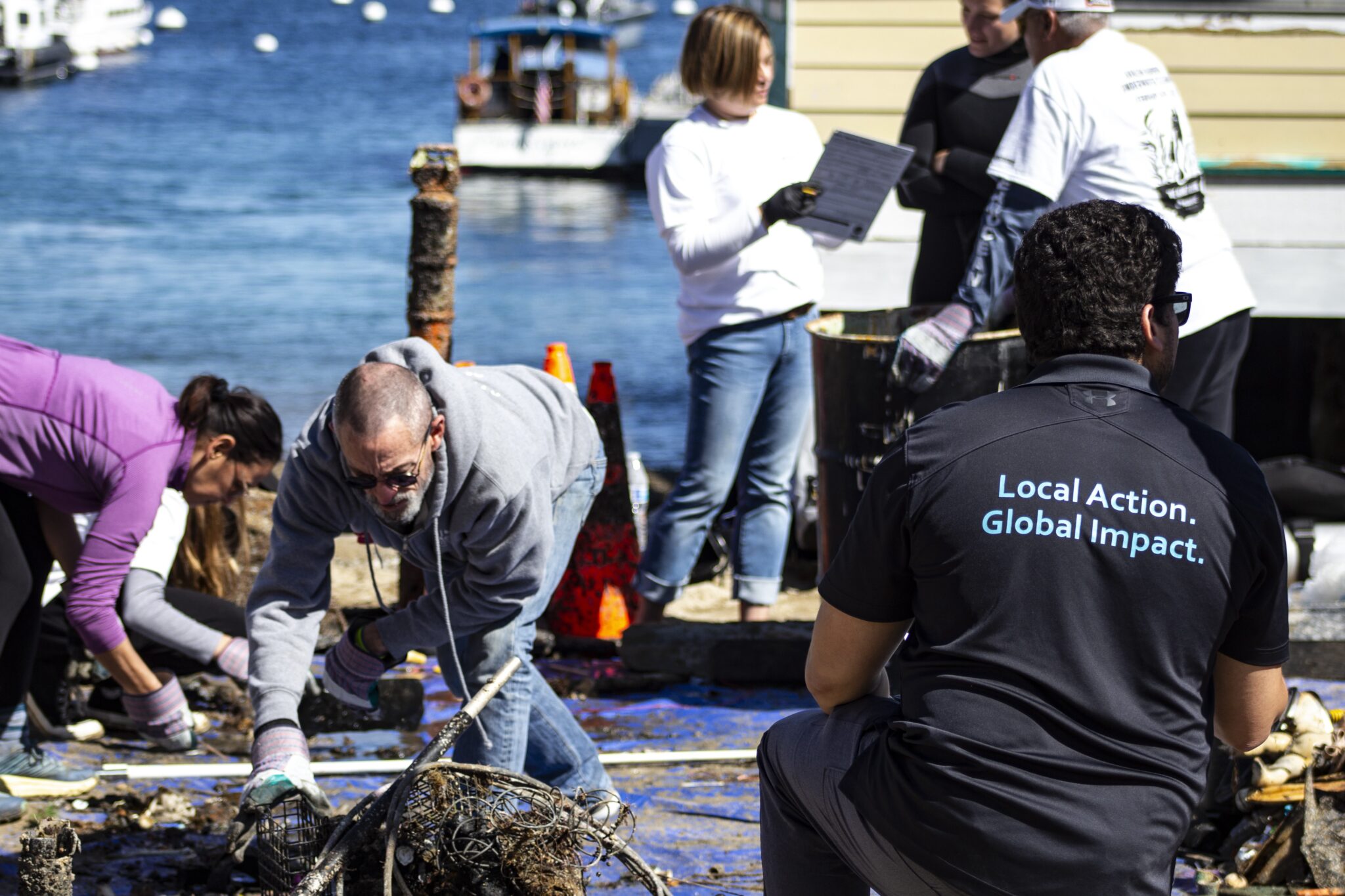
Make a Difference
PADI AWARE® Foundation’s policy and training teams are actively working to inform negotiators at the international policy table and provide training to facilitate important solutions. Your action is critical in helping to secure a strong Global Plastics Treaty. Here are just a few ways you can make a difference:
- In 1 minute, support the PADI AWARE policy team by adding your voice to the petition calling for a strong Global Plastics Treaty.
- In 2 minutes, donate to support PADI AWARE Foundation’s critical ocean conservation programs.
- In 5 minutes, learn more about the impact of plastic pollution and marine debris on ocean heath, the Global Plastics Treaty, and how the dive community can drive change.
- In 10 minutes, share your thoughts on the plastic crisis in the ocean and the Global Plastics Treaty, and encourage others to sign the petition. Share now to be catalyst for change in your community.
- In 1 day, participate in the Dive Against Debris Specialty course to acquire all the skills needed to safely remove marine debris and upload survey data to the AWARE global database – the world’s largest underwater marine debris database.
- Whenever you dive, make every dive a Dive Against Debris and explore opportunities to participate in ocean conservation activations across the planet. Find an activity.
Thank you for being an Ocean Torchbearer™ and dedicating whatever time you can to ending the marine debris crisis once and for all. Together, we are driving ocean change.
